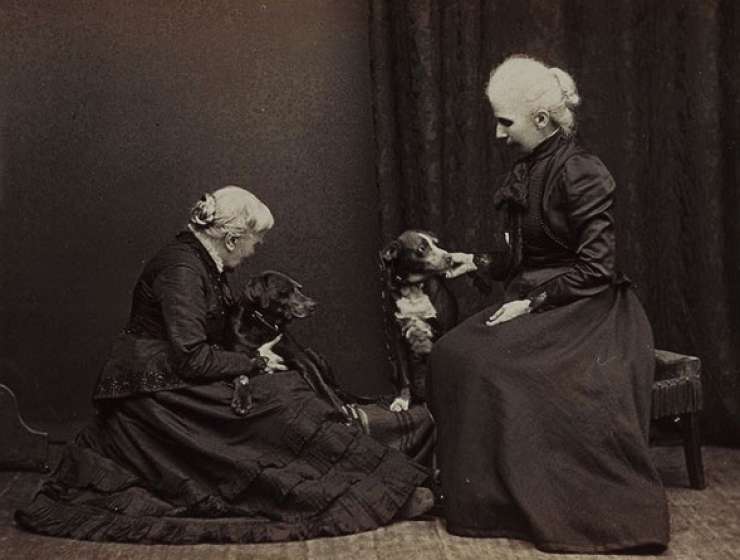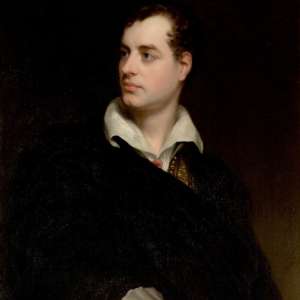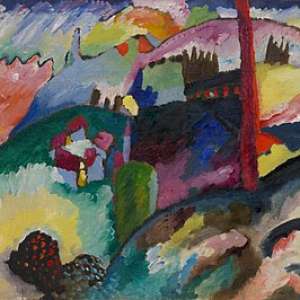
When Elizabeth Blackwell was a 24-year-old teacher, she visited a close family friend dying of uterine cancer who spoke of how she had suffered at the hands of male doctors during her medical treatment.
“Why not study medicine?” the friend asked. “If I could have been treated by a lady doctor, my worst sufferings would have been spared me.”
Elizabeth immediately rejected the idea. “I hated everything connected with the body and could not bear the sight of a medical book,” she wrote in her autobiography, Pioneer Work in Opening the Medical Profession to Women.









































